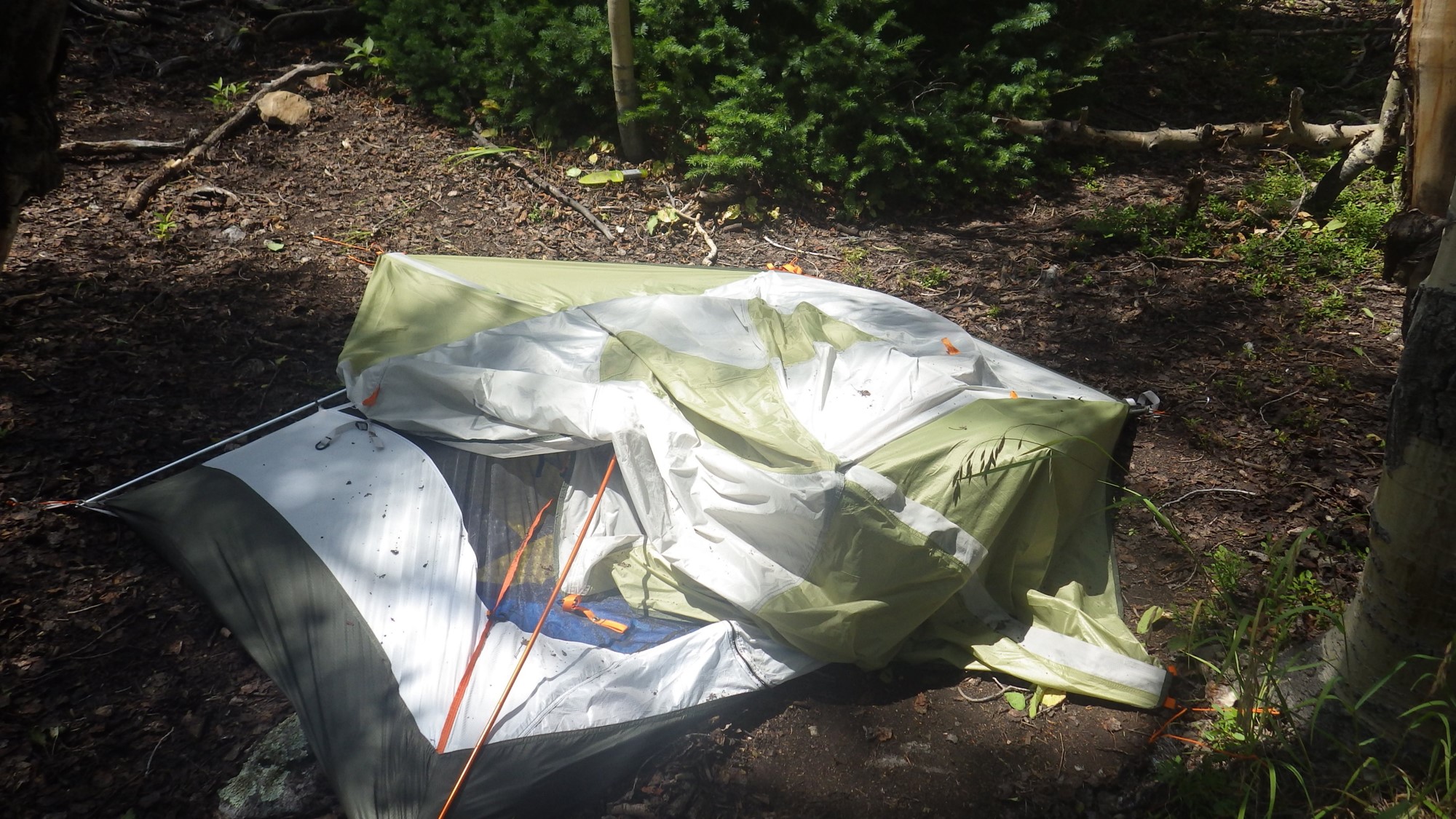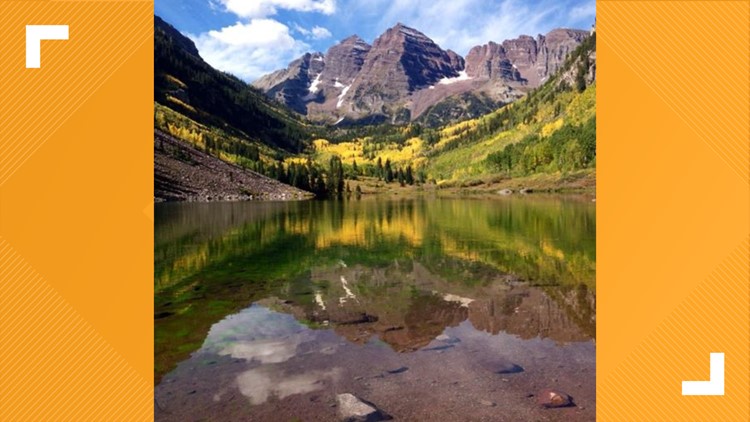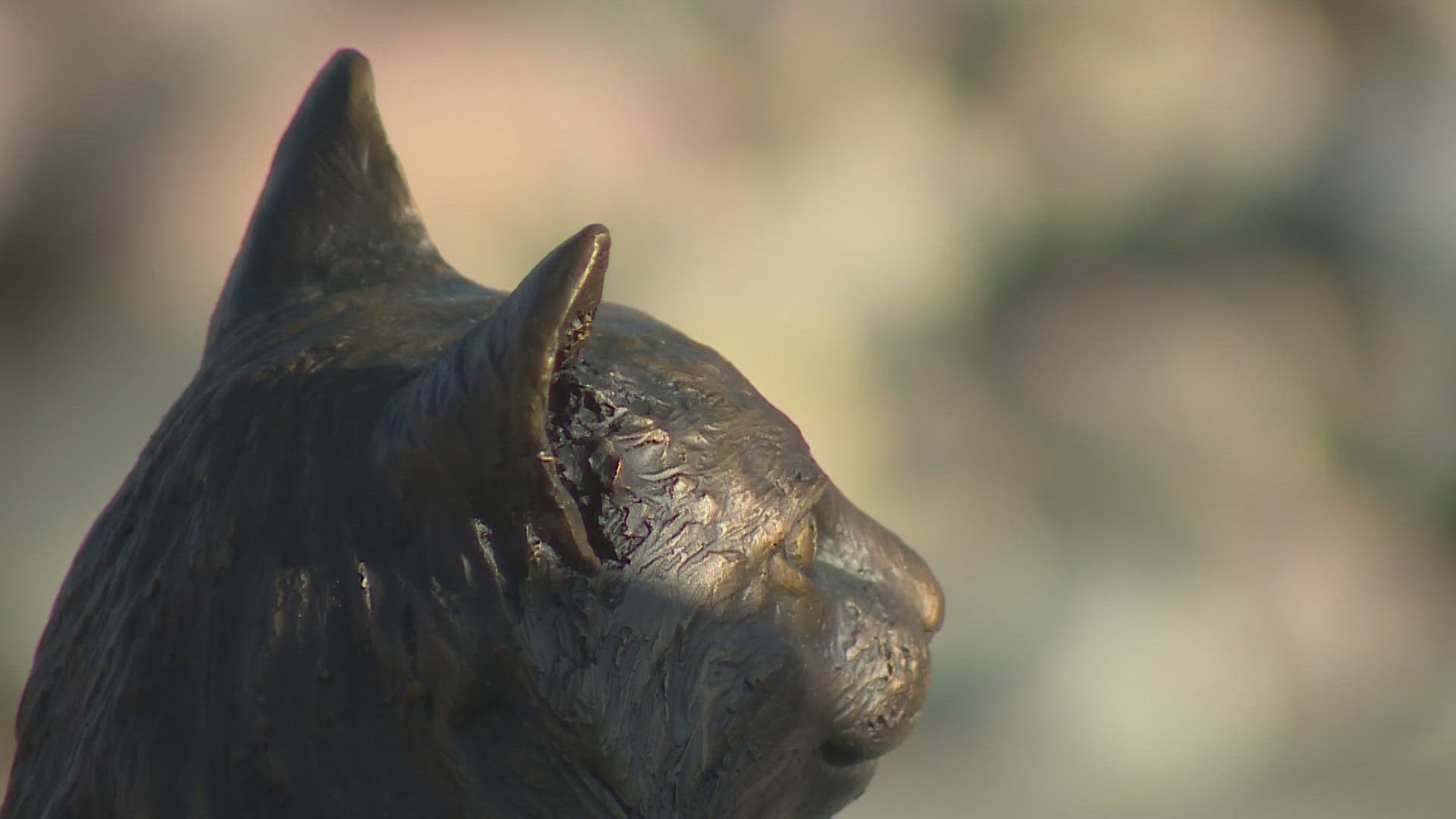By next summer, backpackers looking to spend a night near Conundrum Hot Springs will need to pay for and reserve a spot to limit human impacts on the popular camping spot.
At least, that's the drafted decision made by Scott Fitzwilliams, the White River National Forest Supervisor. It is his job to decide how to resolve and improve issues caused by overuse of the Maroon Bells-Snowmass wilderness area.
The U.S. Forest Service presented a plan in November of 2016, and this week, Fitzwilliams issued his draft decision.
Since its only a draft decision, there is a 45-day objection period where the public can submit their concerns. Details on how to do that are on the bottom of this article.
A permit and reservation system for Conundrum Creek will be implemented as soon as possible, likely by summer 2018.
Permits would be taken out online to limit the number of groups allowed per night, beginning with the Conundrum Hot Springs area in Phase 1 of the proposal.
The cost will likely be about $10 (per reservation, not per night). One reservation would be good for up to ten people.
“Although much of the implementation details are yet to be worked out, we are exploring options through the Recreation.gov reservation site, a tool to create an online reservation system for the area,” said Karen Schroyer, Aspen-Sopris District Ranger, in a press release.
PREVIOUS COVERAGE: Camping may be limited in Maroon Bells-Snowmass wilderness from now on
Conundrum Hot Springs and Conundrum Creek are some of the most heavily-trafficked camping areas in the Maroon Bells-Snowmass forest region.
Problems such as unburied human waste, campsite hardening, erosion, illegal tree-cutting and campfires, dog waste (even though dogs aren't allowed there), and everything from trash to tents left behind have plagued the area for years.

The proposed reservation system aims to reduce some of these impacts and restore the area.
Last year, wilderness rangers packed out 136 pounds of trash from in and around the hot springs.
That's Phase 1.
Phase 2 of the draft decision would address Four Pass Loop: Crater Lake, Maroon Lake, Snowmass Lake, North Fork, East Fork, and Upper Snowmass zones.
Implementation for the Four Pass Loop reservation system is expected to occur sometime after the Conundrum Hot Springs and Conundrum Creek zone implementation, according to the USFS.
The Four Pass Loop is recognized worldwide as a premier 28- mile backpacking loop.
Over the years, the Four Pass Loop has seen similar resource impacts as Conundrum due to increased levels of overnight camping such as human waste issues, campsite proliferation, vegetation damage, soil erosion and loss of vegetation due to illegal campfires.
Phase 3 will focus on implementation for the Capital Lake and Lower Capital zones after successful implementation of Phases 1 and 2.
During the 2016 summer season, Wilderness Rangers encountered 273 incidences of unburied human waste in the Maroon Bells-Snowmass Wilderness.
Gross.
Lets do better, Colorado and #KeepColoradoColorful.
PHOTOS: Maroon Bells wilderness in Aspen could face visitor limits
Objections Process (via the USFS press release)
The release of this draft decision initiates the 45-day objections period. Individuals who submitted timely and specific written comments during the scoping period (initiated Nov. 3, 2016) and/or the comment period (initiated March 29, 2017) will have eligibility to file an objection to the draft DN under 36 CFR 218.
Project documents are available for download on the White River National Forest website at https://www.fs.usda.gov/project/?project=49388. Hardcopies may be reviewed at the Aspen-Sopris Ranger District, in Carbondale, Colorado.
Objections, including attachments, must be filed via mail, fax, email, hand-delivery, express delivery or messenger service (Monday through Friday, 8 a.m. to 4:30 p.m., excluding holidays) to: Reviewing Officer, Brian Ferebee, Regional Forester, USDA Forest Service, Rocky Mountain Region, 1617 Cole Blvd, Lakewood, CO 80401; FAX: (303) 275-5134, or email r02admin_review@fs.fed.us.
Objections must be submitted within 45 calendar days following the publication of a legal notice in the Glenwood Springs Post Independent. The legal notice is anticipated to be published June 29, 2017. The publication date in the newspaper of record is the exclusive means for calculating the time to file an objection. Those wishing to object should not rely upon dates or timeframe information provided by any other source. The regulations prohibit extending the time to file an objection.



